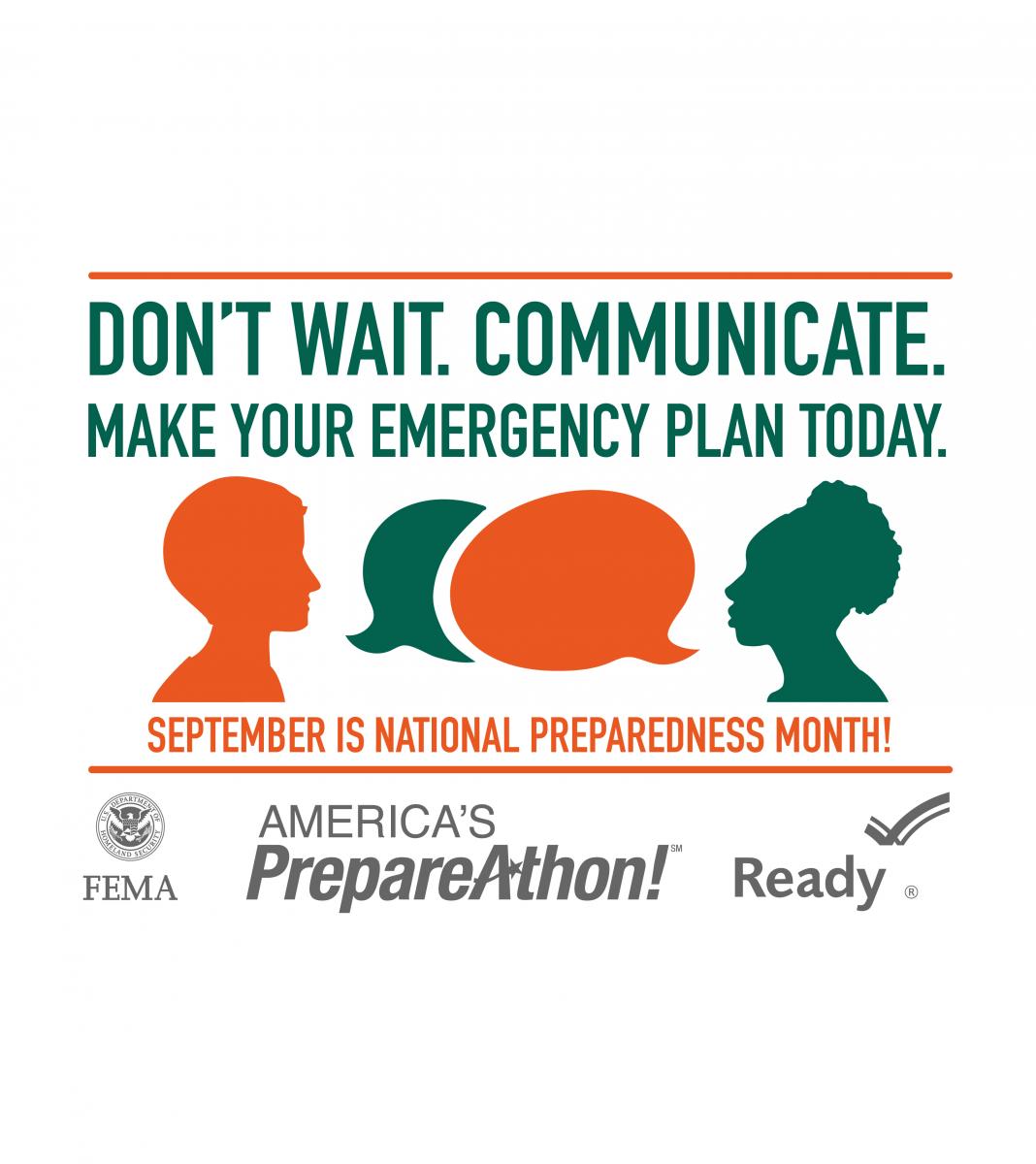
The Debate Over Pediatric Supplements
Should You Supplement?
Have you been struggling with whether or not to give your children pediatric supplements? If you have been feeling this way you are not alone. Many questions surround pediatric supplements. Some parents wonder if they are even necessary for their children’s health. Other questions include: how does a parent know if their child needs them? And are they harmful? Are there any risks associated with giving supplements?
Unfortunately, the debate rages on over whether pediatric supplements are beneficial or harmful even in scientific circles. The American Academy of Pediatrics (AAP) is the perfect example. They suggest that you only give pediatric supplements to your children under the guidance of your doctor. But on the other hand, they also say that supplements are okay as long as they don’t exceed the total recommended daily allowance for a vitamin or mineral.
The AAP’s biggest concern seems to stem from a child receiving too much of a vitamin or mineral. As a parent, then, it is up to you to figure out if your child is getting too many vitamins or not enough. This is no easy task, for as baby grows their dietary needs change rather drastically. And the nutrients children receive from breast milk or formula are quite different than those they may receive once they start eating solid food. For this article we will focus on babies that are still breastfeeding or on baby formula.
The Importance of Vitamin D:
As a general rule, most infants get nearly everything they require for good health from breast milk or baby formula. A general exception to this rule is vitamin D. Unfortunately, breast milk contains very little of this very important vitamin. Here is a rule of thumb to determine if your baby needs a vitamin D supplement. If your baby is breastfeeding they should be given a daily supplement of 400 IU of liquid vitamin D. If your child is drinking less than 32 ounces of baby formula a day they should also receive the same amount of vitamin D supplement.
Vitamin D is important as it is necessary to allow for the absorption of calcium and phosphorus. A lack of vitamin D can cause rickets, a condition where the bones are weak. When giving a vitamin D supplement be sure to keep to the recommended daily allowance. And as suggested by the AAP, be sure to check with your doctor before starting your child on any dietary supplements.
A mother’s health and eating habits play a large role in the nutrients a baby receives through breast milk. Overall, even if the mother doesn’t have a perfect diet her breast milk will provide enough nutrients to keep the baby healthy with the exception of vitamin D.
But there are exceptions. For example, if the mother is vegan, then she should let her baby’s doctor know this, as her breast milk may be low in a number of important vitamins, including vitamin B12, zinc, and calcium. If a mother is on medication that too may impact the baby’s health as some medications actively inhibit the transfer of nutrients to the baby.
As always, speak to your health professional about any concerns or questions you might have.
About the Author:
Frank Nielson is a retired medical researcher who now spends his days writing on a variety of health topics. He is also keen on helping consumers find the best medical supplies and incontinence supplies at an affordable price. When not stationed behind his well-worn keyboard, Frank loves spending time with his grandchildren.
Do you include any additional supplements to your children’s diet?
Photo courtesy of Flickr:
Photo courtesy of Flickr:
0




